Connect with us today to learn more about our industrial automation solutions—and how to commission them for your application.
The Future of Efficiency: Exploring the Benefits of Single Phase Motor Inverters in Modern Applications
As industries continue to seek innovative solutions to enhance operational efficiency, the role of single phase motor inverters has emerged as a pivotal topic of discussion. These advanced devices not only optimize energy consumption but also improve the performance and reliability of various applications ranging from residential to industrial settings. The future of efficiency hinges on the ability to harness the full potential of single phase motor inverters, which provide precise control over motor speed and torque, thereby allowing for smoother operations and reduced wear and tear on equipment. This exploration into the benefits of single phase motor inverters lays the groundwork for understanding their transformative impact on modern applications, paving the way for smarter, more sustainable energy practices. As we delve deeper into this subject, it becomes clear that single phase motor inverters are not just a technological advancement; they are a fundamental shift toward a more efficient and responsible energy future.
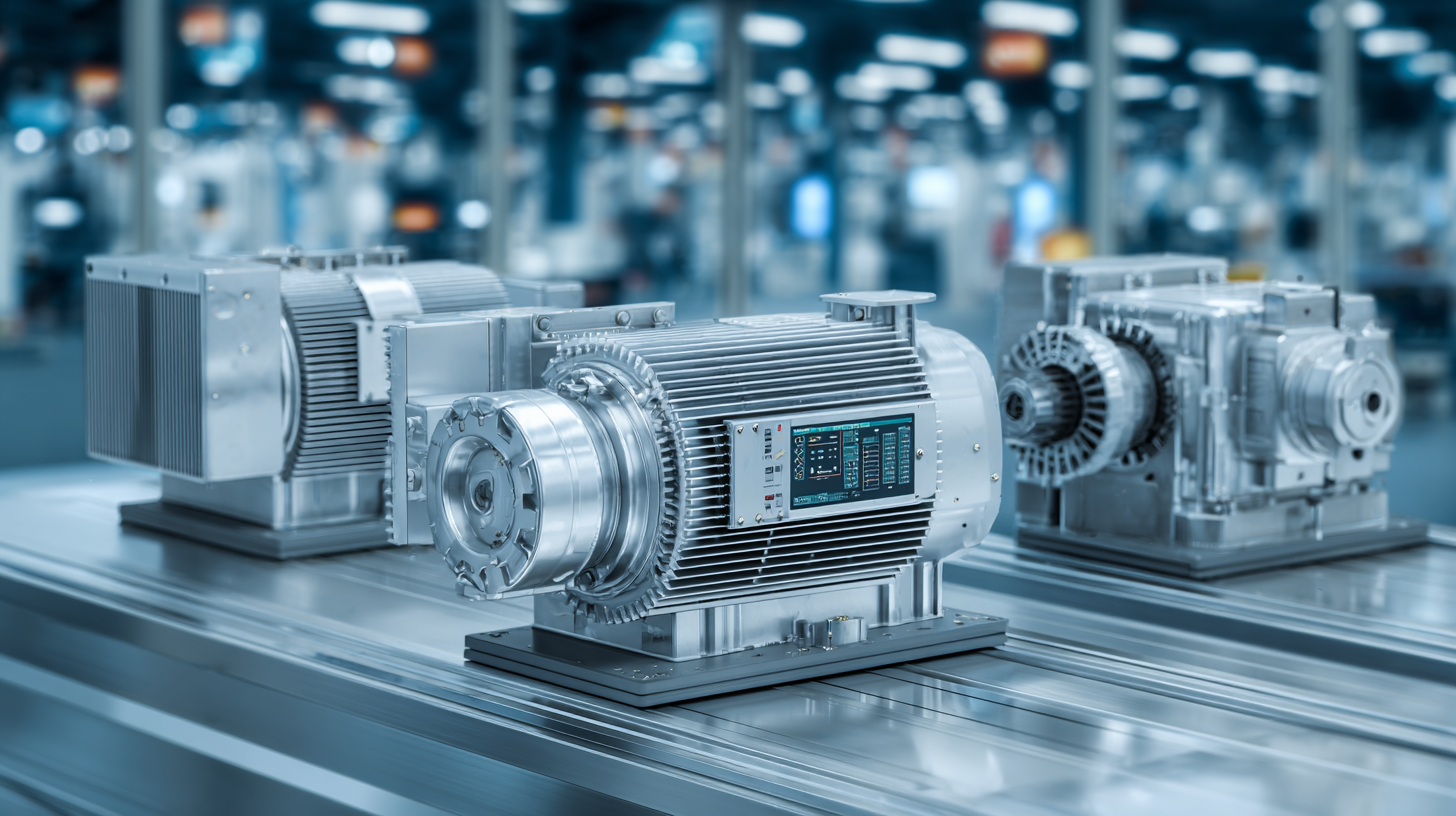
Understanding Single Phase Motor Inverters and Their Functionality
Single phase motor inverters have emerged as a vital component in modern applications, providing enhanced efficiency and control for various types of electric motors. Understanding their functionality reveals how these inverters convert direct current (DC) into alternating current (AC), making them essential for driving single-phase motors. These devices maintain high performance while ensuring reliability, especially in variable load situations.
Recent advancements in motor control technology have led to the development of innovative inverter solutions, including fault-tolerant designs that enhance operational stability. For instance, a single-phase five-level multilevel inverter is now capable of sustaining continuous operation even in the event of faults. This feature is particularly important for critical applications that cannot afford downtime. The growing interest in electric vehicles and sophisticated motor control systems underscores the relevance of single-phase motor inverters in driving modern electrical systems efficiently, elevating their role in both industrial and consumer applications.
Key Advantages of Single Phase Motor Inverters in Modern Applications
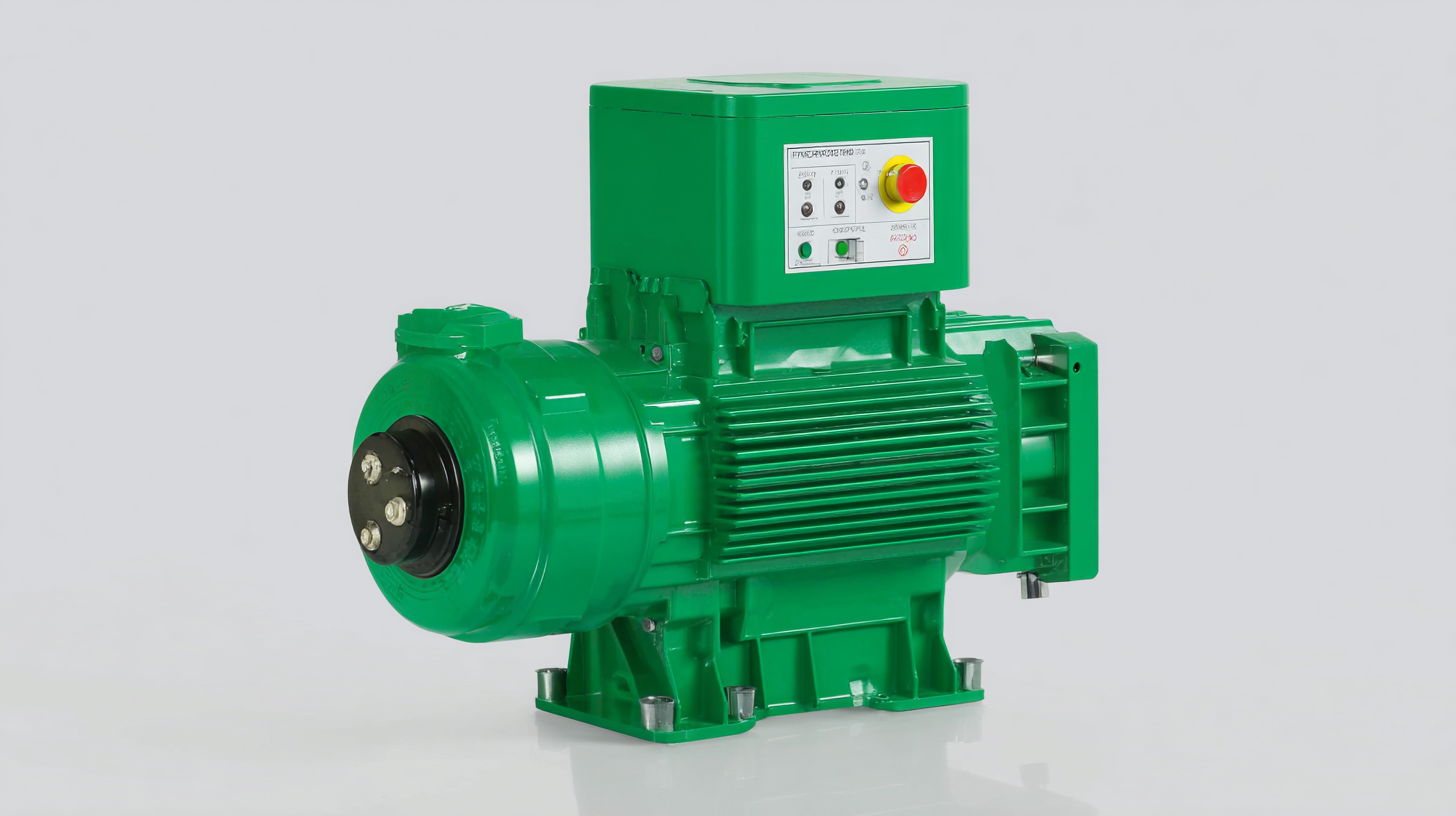 Single phase motor inverters are revolutionizing various modern applications by providing enhanced efficiency and performance. One of the key advantages of these inverters is their ability to optimize energy consumption, which leads to cost savings over time. By converting DC power to AC power effectively, they ensure that motors operate at their peak efficiency, reducing energy waste. Additionally, the compact and lightweight design of single phase motor inverters makes them suitable for a range of applications, from residential to commercial use.
Single phase motor inverters are revolutionizing various modern applications by providing enhanced efficiency and performance. One of the key advantages of these inverters is their ability to optimize energy consumption, which leads to cost savings over time. By converting DC power to AC power effectively, they ensure that motors operate at their peak efficiency, reducing energy waste. Additionally, the compact and lightweight design of single phase motor inverters makes them suitable for a range of applications, from residential to commercial use.
Tips for selecting the right inverter include considering the motor's specifications and the specific requirements of your application. It's crucial to choose an inverter that matches the motor's voltage and current ratings to ensure optimal performance. Furthermore, always check for energy efficiency ratings and additional features like built-in protection mechanisms to enhance durability.
Another important benefit of single phase motor inverters is their ability to provide variable speed control. This feature allows users to adjust the motor speed based on demand, leading to improved process control and operation. When selecting an inverter, ensure it supports the necessary control features to maximize operational flexibility and efficiency.
Comparing Single Phase Motor Inverters to Traditional Motor Systems
Single phase motor inverters offer distinct advantages over traditional motor systems, particularly in efficiency and adaptability. Unlike conventional systems that operate on fixed power levels, single phase motor inverters adjust output based on real-time demands. This flexibility not only optimizes energy consumption but also enhances the overall performance of machines in various applications, from HVAC to agricultural tools.
Tips: When considering an upgrade to a single phase motor inverter, always evaluate the specific requirements of your application. Factors such as load size and operational frequency can influence the effectiveness of an inverter. Additionally, investing in high-quality components can further improve energy efficiency and reduce maintenance costs in the long run.
Another critical aspect is the ability of single phase motor inverters to integrate with modern technology, such as IoT devices. This capability allows for smarter energy management, enabling businesses to monitor and control their applications remotely. As industries move towards automation and enhanced energy solutions, single phase motor inverters present a forward-thinking alternative to traditional motor systems that may fall short in meeting contemporary efficiency standards.
Implementation Strategies for Single Phase Motor Inverters in Various Industries
The implementation of single-phase motor inverters is rapidly gaining traction across various industries, driven by the need for energy efficiency and advanced performance. Recent studies indicate that the integration of predictive control within inverter systems, particularly in multi-motor applications, significantly reduces energy losses and optimizes voltage utilization. For instance, a novel inverter topology with a reduced switch count can lead to both lower operational costs and enhanced system reliability, making it a compelling choice for industries aiming for sustainability.
As electric vehicles and industrial applications increasingly shift to advanced electrical drives, the role of single-phase motor inverters becomes even more relevant. Notably, multiphase systems, which are emerging as viable alternatives, exhibit superior motor control capabilities essential for high power applications. Furthermore, current limiting strategies for grid-forming inverters under low voltage ride-through scenarios are expected to redefine grid stability and power quality. This advancement aligns with the Department of Energy's motor efficiency standards, which are designed to promote energy-saving technologies in a variety of contexts, ensuring that industries can meet modern performance demands while reducing their environmental footprint.
The Future of Efficiency: Benefits of Single Phase Motor Inverters in Various Industries
Future Trends and Innovations in Single Phase Motor Inverter Technology
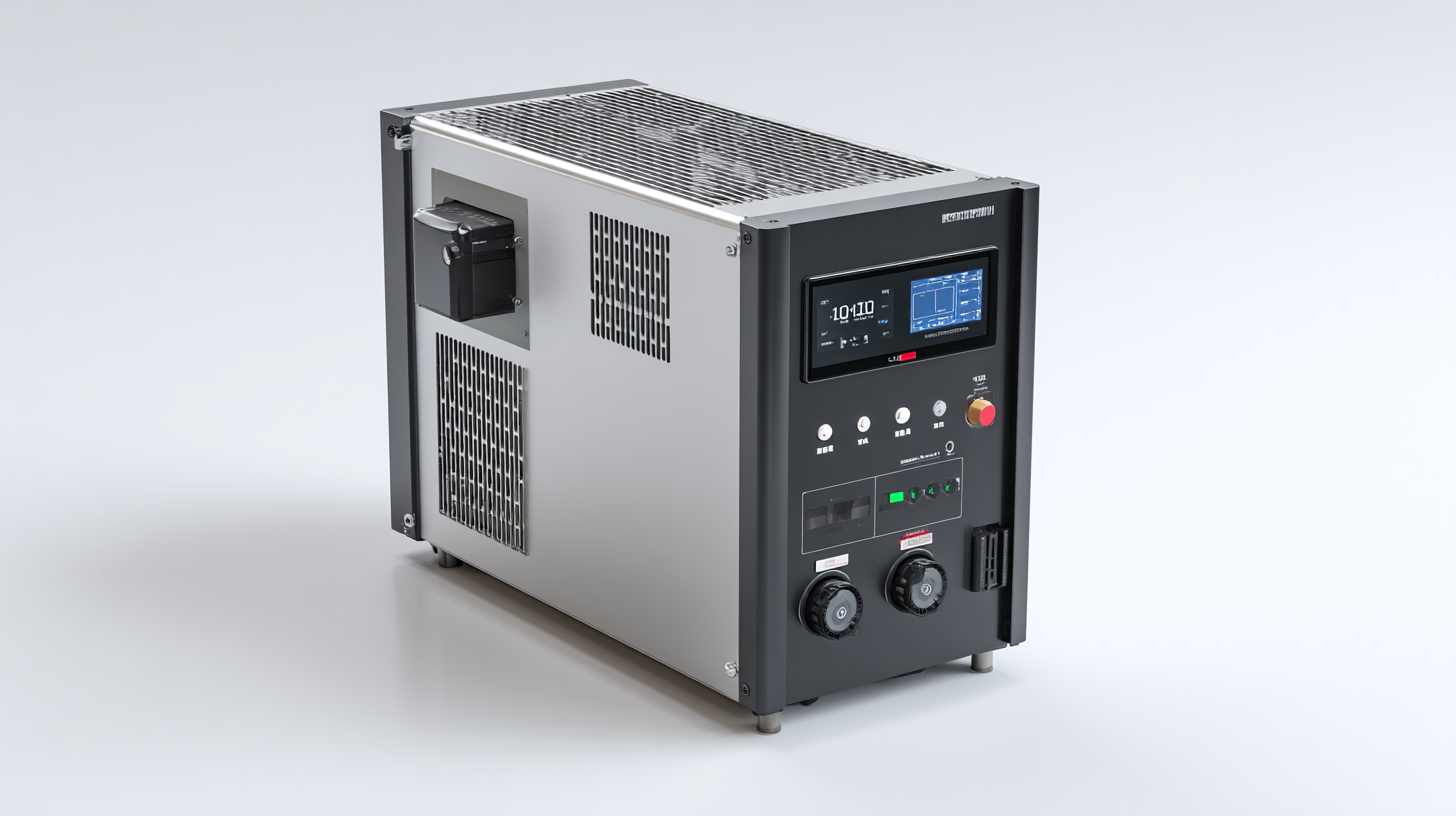 The advancements in single phase motor inverter technology are propelling the efficiency and performance of modern applications. As industries move towards smarter solutions, innovations focusing on energy efficiency, compactness, and enhanced control are emerging. The integration of digital electronics and sophisticated algorithms within these inverters allows for real-time monitoring and optimization, ensuring that motor performance aligns with operational demands. Such improvements not only reduce energy consumption but also extend the lifespan of equipment, making single phase motor inverters increasingly vital in sectors like HVAC, manufacturing, and renewable energy.
The advancements in single phase motor inverter technology are propelling the efficiency and performance of modern applications. As industries move towards smarter solutions, innovations focusing on energy efficiency, compactness, and enhanced control are emerging. The integration of digital electronics and sophisticated algorithms within these inverters allows for real-time monitoring and optimization, ensuring that motor performance aligns with operational demands. Such improvements not only reduce energy consumption but also extend the lifespan of equipment, making single phase motor inverters increasingly vital in sectors like HVAC, manufacturing, and renewable energy.
Future trends indicate a significant push toward connectivity and automation in single phase motor inverters. With the rise of the Internet of Things (IoT), these inverters are becoming integral components of smart systems, capable of communicating with other devices to share data and insights. This interconnectedness enhances predictive maintenance capabilities, enabling users to anticipate failures and schedule maintenance proactively. Furthermore, advances in materials science are leading to lighter and more efficient inverter designs, which will facilitate their adoption across a broader range of applications. As we look ahead, it is clear that single phase motor inverter technology will continue to evolve, playing a crucial role in driving innovations across various industries.
Related Posts
-
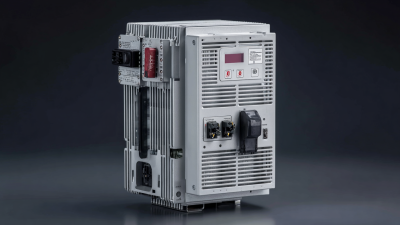
7 Best Ways to Enhance Efficiency with Single Phase AC Drive
-
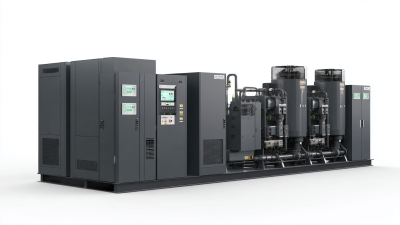
How to Select the Right Motor Inverter for Your Industrial Application
-
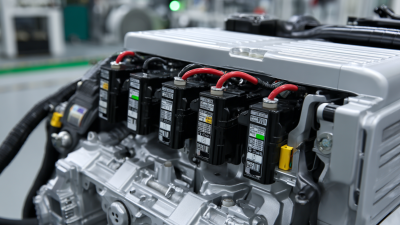
Why Motor Inverters Are Essential for Modern Electric Vehicles
-

5 Essential Reasons to Choose EMI Filters for Your Electronic Devices
-

Top Strategies for Implementing EMI Filters in VFD Applications for Enhanced Performance
-
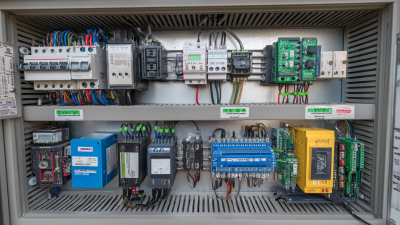
10 Best VFD Controllers You Need to Know for Optimal Performance